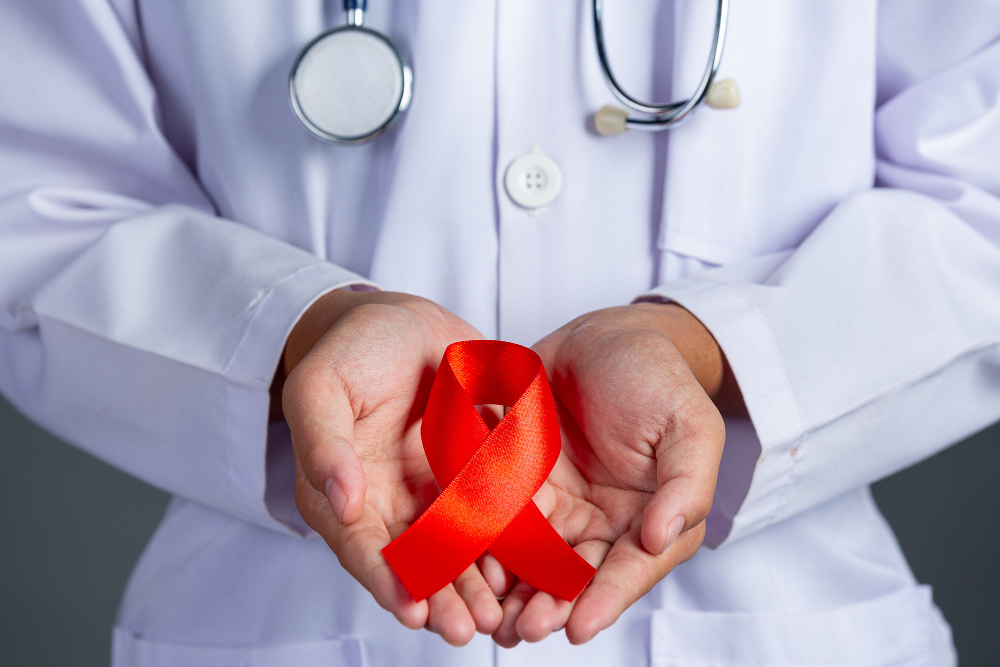

EROS Clinic is a comprehensive solution for men’s sexual health, with all the features under one roof. We believe in maintaining the highest standards of medical ethics and doing everything we can. Our main value is “Patient first”.
EROS Clinic is a comprehensive solution for men’s sexual health, with all the features under one roof. We believe in maintaining the highest standards of medical ethics and doing everything we can. Our main value is “Patient first”.
Men’s genitals are a common area for skin problems, but they are often late in seeking help because they are shy or do not know where to find the best advice. Genital skin conditions may be common skin conditions that affect the skin of other parts of the body (such as psoriasis and eczema) or may be specific to the genital skin (such as lichen sclerosis).
Problems with the skin of the genitals are very common, they can be very itchy or painful, causing discomfort and discomfort. They can impair sexual function, self-esteem and interpersonal relations. Some genital diseases are transmissible, including sexually transmitted diseases.

In adults, circumstances that can impact the genitals and anus can be a sensitive subject, such as those caused by sexually transmitted diseases (STDs). Some of the skins conditions that are treated at EROS Clinic are:
Genital warts (acute warts) are caused by human papillomavirus (HPV), of which there are over 100 different strains. Subtypes 6 and 11 cause 90% of genital warts and are deemed low risk since they rarely cause genital or anal cancer. On the other hand, subtypes 16 and 18, for example, rarely cause genital warts, but are considered high risk because they can cause cervical cancer or anal cancer.
HPV is transmitted through skin-to-skin contact during intercourse. It is not necessary to have vaginal or anal sex for the infection to spread. Most people infected with HPV have no symptoms and the infection goes away on its own. There are many treatment options for people who develop genital warts, all of which focus on removing visible warts. There is no cure for genital warts.
Genital warts appear as round flesh-colored swellings of various sizes. They can be flat, smooth or similar to cauliflower with small stems. They are found on the lips, vagina, penis, scrotum, anus, perianal skin and urethra. Warts usually do not cause symptoms, but if they are in the vagina, they can cause bleeding and pain during intercourse.
Countless people with a strong immune system who develop genital warts will clear the disease on their own. This, even so, does not happen instantly. If you have viewable warts, consult your doctor for treatment to reduce the warts and lower the risk of the virus spreading to other partners. In addition, if your partner has genital warts, you must be tested for infection.
Your doctor may examine and diagnose external genital warts. Internal warts are harder to diagnose. Your doctor can perform the following tests:
Genital warts can go away on their own. Or it may increase or multiply. There are several ways to get rid of genitals. Several treatments may be needed to remove the wart. In most cases, an anesthetic is first administered to numb the treated area. Sexual intercourse should be avoided during treatment.
Your doctor may use one of the following methods to treat your genitals:
An electric current burns the wart.
During cryotherapy, your supplier uses liquid nitrogen to freeze and destroy the wart.
A laser beam destroys the small blood vessels in the wart, interrupting its blood supply.
With LEEP, your doctor uses an electrically charged loop of wire to remove warts. A provider can use this method to remove warts on a woman's cervix.
Apply a prescription chemical solution to the warts once a week for several weeks. The chemical causes blisters to form under the warts and stops blood flow. In some cases, your provider can apply the solution.
Your provider may also provide a prescription for a topical medication, such as Imiquimod (Aldara), which the patient self-administers at home for a few weeks as directed.
Your provider can surgically remove warts that are large or don't respond to other treatments
Sexually transmitted infections (STIs) or sexually transmitted infections (STIs) are usually transmitted through sexual contact. Bacteria, viruses or parasites that cause sexually transmitted infections can be passed from one person to another through blood, semen, vagina and other body fluids.
Sometimes these infections can be passed from mother to baby during pregnancy or birth, or non-sexually through blood transfusions or common needles.
STDs do not always cause symptoms. STIs can be transmitted from people who look perfectly healthy and don’t even know they are infected.

STDs or STDs can have many signs and symptoms, including those without symptoms. Therefore, complications may or may not be diagnosed until the partner is diagnosed. Signs and symptoms that may indicate STDs include:
All sexually transmitted diseases are caused by an STI.
These infections are usually transmitted through sexual contact, including body fluids, or skin-to-skin contact through vaginal, oral, and anal sex. Some of them never become diseases and can go away on their own, especially with treatment.
However, a sexually transmitted disease becomes a sexually transmitted disease when the pathogen that caused the infection eventually harms and interferes with the body’s cells.

Although the list of STDs is very long, STDs are rare. These range from pelvic inflammatory disease (PID) caused by sexually transmitted diseases, such as chlamydia and gonorrhea, to certain types of cancer caused by human papillomavirus (HPV).
STDs can affect the body in a variety of ways.
Depending on your condition, you have several treatment options
You may also be advised to make lifestyle changes, such as abstaining from sexual activity until treatment is completed. Remember that for many STDs, the damage already caused by the disease is irreversible. Some sexually transmitted diseases, such as genital warts and AIDS, are incurable.You may also be advised to make lifestyle changes, such as abstaining from sexual activity until treatment is completed. Remember that for many STDs, the damage already caused by the disease is irreversible. Some sexually transmitted diseases, such as genital warts and AIDS, are incurable.
Skin infections occur when bacteria, such as parasites, fungi or bacteria, penetrate and spread through the skin. This can cause pain, swelling and a change in skin color. A skin infection is different from a rash. A rash is an area of skin that is swollen or irritated. A rash may be a symptom of a skin infection, but people who have a rash do not necessarily have an infection.
There are four types of skin infections
Some skin infections necessitate medical attention. Others can be managed using over-the-counter (OTC) or natural remedies. Continue reading to find out more about widespread skin infections.
Genital ulcers are small wounds that can appear in the vagina, penis or anus. The most common cause is a STD, but there are many other possible causes. A complete recovery is possible with a successful treatment.
A stomach ulcer is an ulcer that heals slowly. It usually occurs in the digestive tract, including the stomach. However, inflammation can also occur in the genital area.
Ulcers are often caused by viruses, bacteria and bacteria that irritate the sensitive tissues of the genitals. The body responds by creating special cells that increase the stimulus. This leads to the formation of small ulcers. Once an ulcer has formed, continuous exposure to bacteria can make it more difficult for the ulcer to heal.
The most common cause is a STD. Genital ulcers can occur when
Non-STD causes of genital ulcers include
Because genital ulcers can have many causes, it is important to do a thorough examination. Your healthcare provider starts by learning more about your medical history and lifestyle. They may ask about your sexual behavior to determine the risk of sexually transmitted diseases. The assessment includes a physical examination. Your doctor will look for ulcers and skin around you. They may also examine other parts of the pelvis, such as the lymph nodes in the pelvis.
Laboratory tests may be needed to determine the cause of the inflammation, Including
The right treatment for you depends on the cause. Most people feel better with medications that help the body get rid of viruses and infections. These include antibiotics for bacterial infections or antivirals for viral infections. Treatment of genital wounds may also include ointments applied to the wounds to help them heal.
For genital ulcers that are not related to sexually transmitted diseases, it may be helpful to consult a specialist for further evaluation. A dermatologist can determine the cause of skin ulcers. For ulcers caused by rare viruses, it may be necessary to consult an infectious disease doctor. This specialist can also perform more advanced tests for wounds that do not respond to standard treatment.

5C, Madhuban, Near R.K. Hospital, IVF Center, Udaipur, Rajasthan 313001